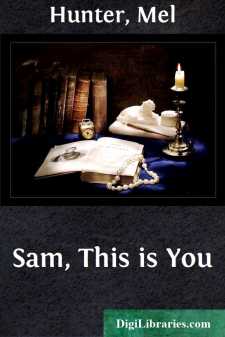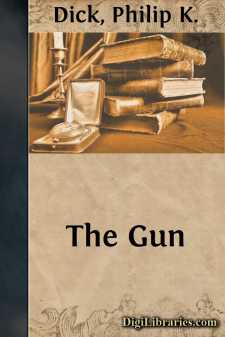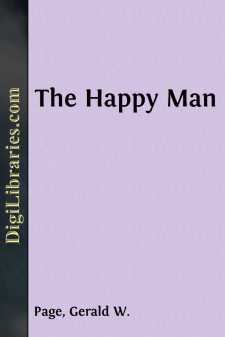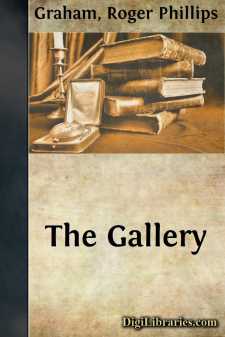Categories
- Antiques & Collectibles 13
- Architecture 36
- Art 48
- Bibles 22
- Biography & Autobiography 813
- Body, Mind & Spirit 142
- Business & Economics 28
- Children's Books 15
- Children's Fiction 12
- Computers 4
- Cooking 94
- Crafts & Hobbies 4
- Drama 346
- Education 46
- Family & Relationships 57
- Fiction 11828
- Games 19
- Gardening 17
- Health & Fitness 34
- History 1377
- House & Home 1
- Humor 147
- Juvenile Fiction 1873
- Juvenile Nonfiction 202
- Language Arts & Disciplines 88
- Law 16
- Literary Collections 686
- Literary Criticism 179
- Mathematics 13
- Medical 41
- Music 40
- Nature 179
- Non-Classifiable 1768
- Performing Arts 7
- Periodicals 1453
- Philosophy 64
- Photography 2
- Poetry 896
- Political Science 203
- Psychology 42
- Reference 154
- Religion 513
- Science 126
- Self-Help 84
- Social Science 81
- Sports & Recreation 34
- Study Aids 3
- Technology & Engineering 59
- Transportation 23
- Travel 463
- True Crime 29
Pythias
by: Mel Hunter
Categories:
Description:
Excerpt
I am sitting on the edge of what passes for a bed. It is made of loosely woven strips of steel, and there is no mattress, only an extra blanket of thin olive-drab. It isn't comfortable; but of course they expect to make me still more uncomfortable.
They expect to take me out of this precinct jail to the District prison and eventually to the death house.
Sure, there will be a trial first, but that is only a formality. Not only did they catch me with the smoking gun in my hand and Connaught bubbling to death through the hole in his throat, but I admitted it.
I—knowing what I was doing, with, as they say, malice aforethought—deliberately shot to death Laurence Connaught.
They execute murderers. So they mean to execute me.
Especially because Laurence Connaught had saved my life.
Well, there are extenuating circumstances. I do not think they would convince a jury.
Connaught and I were close friends for years. We lost touch during the war. We met again in Washington, a few years after the war was over. We had, to some extent, grown apart; he had become a man with a mission. He was working very hard on something and he did not choose to discuss his work and there was nothing else in his life on which to form a basis for communication. And—well, I had my own life, too. It wasn't scientific research in my case—I flunked out of med school, while he went on. I'm not ashamed of it; it is nothing to be ashamed of. I simply was not able to cope with the messy business of carving corpses. I didn't like it, I didn't want to do it, and when I was forced to do it, I did it badly. So—I left.
Thus I have no string of degrees, but you don't need them in order to be a Senate guard.
Does that sound like a terribly impressive career to you? Of course not; but I liked it. The Senators are relaxed and friendly when the guards are around, and you learn wonderful things about what goes on behind the scenes of government. And a Senate guard is in a position to do favors—for newspapermen, who find a lead to a story useful; for government officials, who sometimes base a whole campaign on one careless, repeated remark; and for just about anyone who would like to be in the visitors' gallery during a hot debate.
Larry Connaught, for instance. I ran into him on the street one day, and we chatted for a moment, and he asked if it was possible to get him in to see the upcoming foreign relations debate. It was; I called him the next day and told him I had arranged for a pass. And he was there, watching eagerly with his moist little eyes, when the Secretary got up to speak and there was that sudden unexpected yell, and the handful of Central American fanatics dragged out their weapons and began trying to change American policy with gunpowder.
You remember the story, I suppose. There were only three of them, two with guns, one with a hand grenade. The pistol men managed to wound two Senators and a guard. I was right there, talking to Connaught. I spotted the little fellow with the hand grenade and tackled him. I knocked him down, but the grenade went flying, pin pulled, seconds ticking away. I lunged for it. Larry Connaught was ahead of me.
The newspaper stories made heroes out of both of us. They said it was miraculous that Larry, who had fallen right on top of the grenade, had managed to get it away from himself and so placed that when it exploded no one was hurt....














